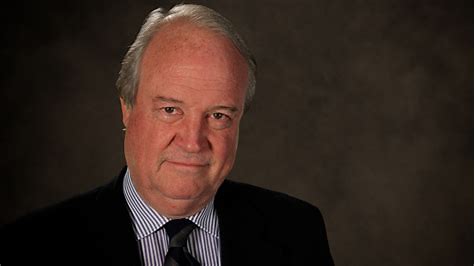Heine Comments on Peru-Indonesia Trade Ties
Ambassador Jorge Heine recently shared his thoughts on Peru and Indonesia’s free-trade agreement signed in August, which intends to strengthen bilateral trade and investment between the two countries. Published in Latin American Advisor, Heine’s article emphasized Indonesia’s growing clout in the Global South and its roots in the Non-Aligned Movement.

“The recent Peru-Indonesia trade agreement thus has a significance that goes way beyond a bilateral commercial accord,” said Heine. “On the one hand, it reflects Peru’s longstanding strategy to reach out to the Asia-Pacific. This led to its joining APEC in 1997, to signing an FTA with China in 2009, to hosting two APEC summits in the new century and to joining the CPTPP. Peru’s remarkable economic performance in the 21st century, despite its considerable political instability, is not unrelated to its success in conquering Asian markets and in attracting Asian investment, in other words to its understanding of ‘globalization as Asianization.’”
Heine specified that more than 50% of Peru’s existing exports will enjoy duty-free entry to Indonesia, thanks to the agreement. The same goes for 90% of Indonesian exports to Peru. For the Peruvian economy, the primary beneficiaries of this deal will include agricultural exports, including blueberries, avocados, cacao, and coffee.
The former Chilean ambassador to China added that international trade is gaining momentum in the Global South as the Global North embraces protectionism, retreating into a cocoon.
To read Ambassador Heine’s full remarks, click here.
A former research professor at the Frederick S. Pardee School of Global Studies, Jorge Heine is a diplomat, international relations scholar, and lawyer. He has served as an ambassador of Chile to China, India, and South Africa. Heine has written over fifteen books, including The Non-Aligned World: Striking Out in an Era of Great Power Competition (2025), which provides insights on how the Global South can navigate the changing diplomatic landscape amid the U.S.-China rivalry.